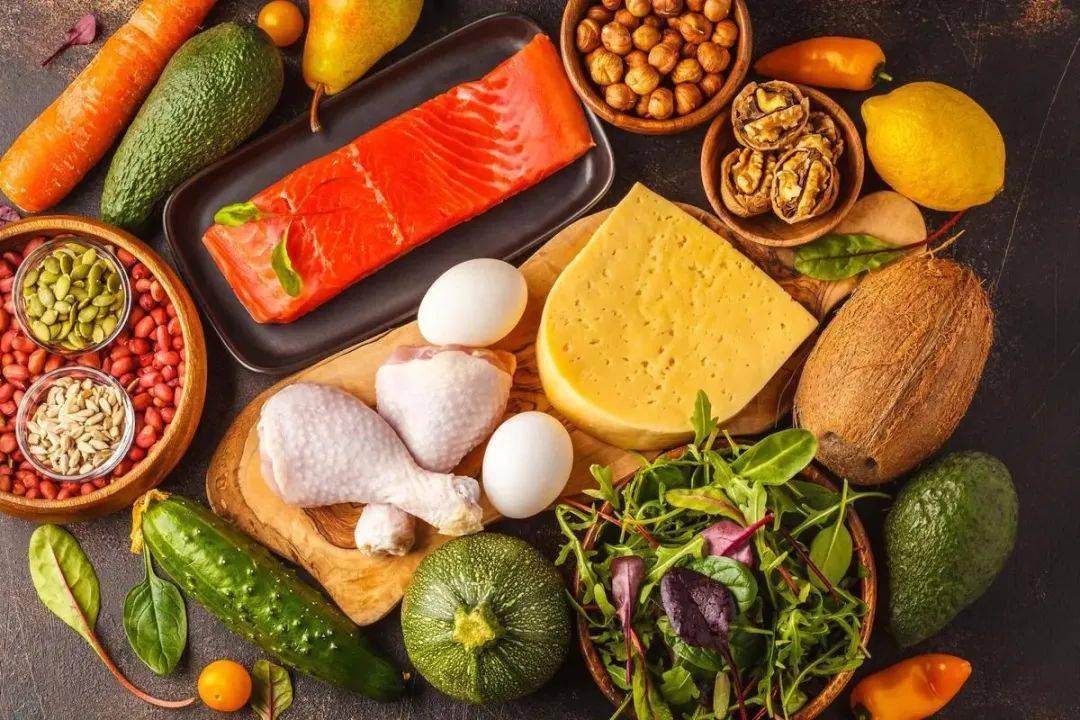
Premature ejaculation (PE) is a common sexual dysfunction that can affect men of all ages. It is characterized by ejaculation that occurs sooner than desired, leading to dissatisfaction for both partners during sexual intercourse. While there are various treatments and strategies to manage PE, including behavioral therapies, medications, and topical creams, the impact of diet on PE has gained significant attention in recent years. In this blog, I want to explore the connection between diet and the treatment of premature ejaculation, and discusse dietary changes that may help manage this condition.
Reviewing Premature Ejaculation
Before delving into the role of diet in treating PE, it’s essential to understand the factors that contribute to this condition, let’s review it again. Premature ejaculation can be caused by psychological, physiological, or a combination of factors. Common psychological factors include anxiety, stress, and performance-related concerns, which can lead to a heightened state of arousal and a faster climax. Physiological factors may include hormonal imbalances, inflammation, or nerve sensitivity in the genital area. It has many hazards that you cannot ignore.
How Diet Can Influence Premature Ejaculation
Diet plays a crucial role in overall health, and it can impact various physiological and psychological factors associated with PE:
- Nutrient Deficiencies: A diet lacking essential nutrients can contribute to hormonal imbalances and increased stress. For example, zinc deficiency has been linked to sexual dysfunction, and insufficient levels of this mineral can affect testosterone production, potentially leading to PE.
- Inflammation: Chronic inflammation in the body can affect blood flow, nerve sensitivity, and overall sexual function. Diets high in processed foods, sugary items, and unhealthy fats can promote inflammation, which may exacerbate PE.
- Psychological Well-being: Diet can affect your psychological state. Consuming a balanced diet with essential nutrients can improve mood, reduce stress, and anxiety, which are known triggers for premature ejaculation.
- Blood Flow: A diet rich in fruits, vegetables, and whole grains can promote better blood circulation, which is crucial for achieving and maintaining an erection. Improved blood flow can also help in delaying ejaculation.
Dietary Changes to Manage Premature Ejaculation
While diet alone may not be a standalone treatment for PE, making certain dietary adjustments can complement other therapeutic approaches. Here are some dietary changes to consider:
- Nutrient-Rich Foods: Incorporate foods that are rich in essential nutrients, such as zinc, magnesium, and vitamin B6. These nutrients play a role in hormonal balance and overall sexual health. Foods like lean meats, nuts, seeds, and dark leafy greens are good sources.
- Omega-3 Fatty Acids: Omega-3 fatty acids, found in fatty fish like salmon and flaxseeds, can reduce inflammation in the body, which may positively impact sexual function.
- Avoid Stimulants: Limit or eliminate the consumption of stimulants like caffeine and alcohol, which can contribute to anxiety and arousal that may trigger premature ejaculation.
- Hydration: Staying well-hydrated is essential for overall health and can contribute to better sexual function.
- Mindful Eating: Practicing mindful eating can help reduce stress and anxiety around meals, promoting better digestion and overall well-being. ( Mindful eating is a concept and practice that involves being fully present and attentive to the experience of eating. It’s about paying close attention to the food you’re consuming, your thoughts and feelings related to eating, and your body’s signals of hunger and fullness. The goal of mindful eating is to foster a healthier and more positive relationship with food, promoting both physical and psychological well-being. )
Conclusion
Although diet alone may not be a cure for premature ejaculation, it can play a significant role in managing the condition by addressing various contributing factors, including hormonal balance, inflammation, and psychological well-being. A healthy diet, rich in essential nutrients, can be a valuable component of a holistic approach to treating PE. Individuals experiencing premature ejaculation should consult with a healthcare professional to develop a personalized treatment plan that may include dietary changes, along with other interventions like therapy, medication, or topical treatments.
